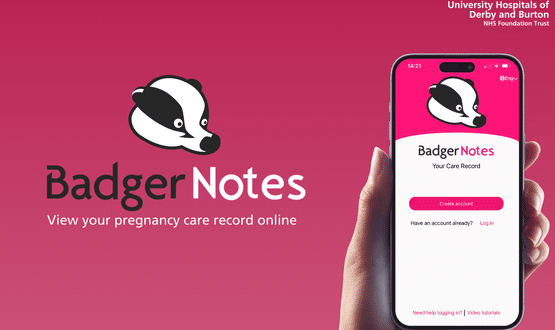Dashboard cuts A&E use in Bolton
- 17 March 2011

A clinical dashboard used to analyse urgent care is helping Bolton health services to reduce A&E visits and non-elective admissions to hospital.
Dr Anne Talbot, a GP and national clinical dashboard lead, told last week’s Healthcare Innovation Expo in London that Bolton was one of the few areas to reduce A&E attendances and non-elective admissions, when the regional average shows a 9% increase.
Bolton has also seen a 20% reduction in non-elective admission for ambulatory care-sensitive conditions (conditions where admission to hospital is potentially avoidable through good quality primary and preventative care).
Dr Talbot described how the national urgent care clinical dashboard, which is being piloted in Bolton, is helping doctors to mobilise more appropriate help for some patients by providing timely information about their patterns of visits to various local services.
She cited the example of a gentleman who has visited a walk-in centre twice requesting inhalers. This unusual pattern of attendances alerted staff to a possible problem and enquiries revealed that he was starting to develop dementia and needed support.
Using the dashboard information helped the NHS to mobilise care for the patient and reduced the risk of further inappropriate visits to the walk-in centre or other urgent care facilities.
The urgent care dashboard has been designed to provide “relevant and timely information needed to inform daily decisions that improve the quality of care,” Dr Talbot explained.
Bolton’s work on the urgent care dashboard was part of a national initiative in 12 trusts across various clinical specialties and care settings, including primary care, mental health, ambulance trusts and secondary care settings including emergency care.
“We wanted real-time information that was very visually accessible bringing together information from multiple sources,” she said.
Information on the urgent care dashboard included A&E attendances, emergency admissions and discharges, walk-in centre attendances and calls on the out-of-hours service.
Dr Talbot said the dashboard helped to drill down to patients with the most contact with unscheduled care. “They are probably the most ill, most chaotic and most likely to be in a struggle,” she explained.
Such patients were also likely to be the ones that cost the most to treat and possibly receiving poor treatment.
Dr Talbot cited another example of a patient who went to a walk-in centre, was told to call the out-of-hours service, then told to go to an out-of-hours clinic, sent on to A&E and finally admitted to hospital seven hours after her first contact with the health service.
The case was picked up the next day on the urgent care dashboard and used by the GP to raise the issue of patients who can find themselves passed up the urgent care system rather than sent straight to the most appropriate source of help.
The dashboard does not contain any more information than practices already receive from other resources, such as discharge letters, but brings together the information in a timely way, presenting a more complete picture of activity in urgent care.
A second round of expressions of interest in using the dashboard is due in June. Trusts interested in taking part can email clinical.dashboards@nhs.net.
Further information on the urgent care clinical dashboards is available at: www.networks.nhs.uk/nhs-networks/qipp-urgent-care-gp-dashboard or www.dh.gov.uk/en/Publicationsandstatistics/bulletins/medicaldirectorsbulletin/DH_122289




